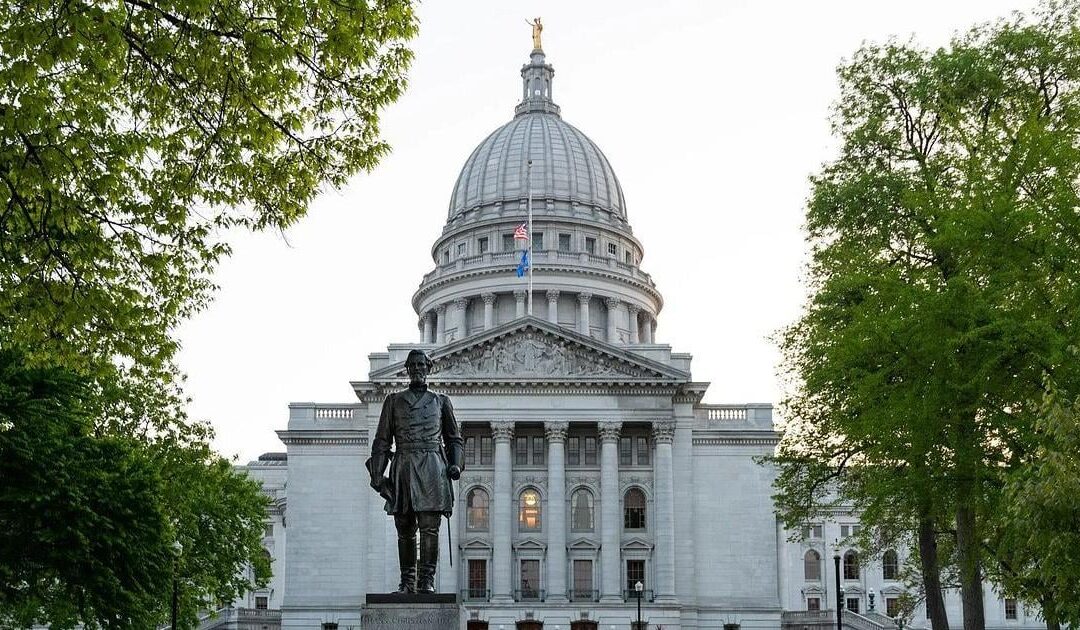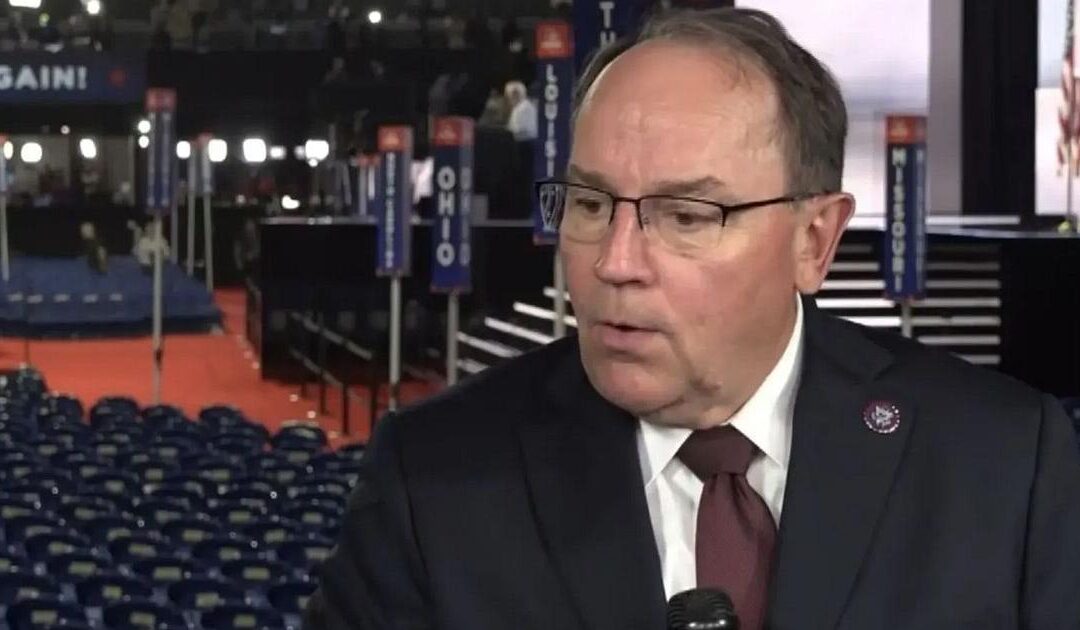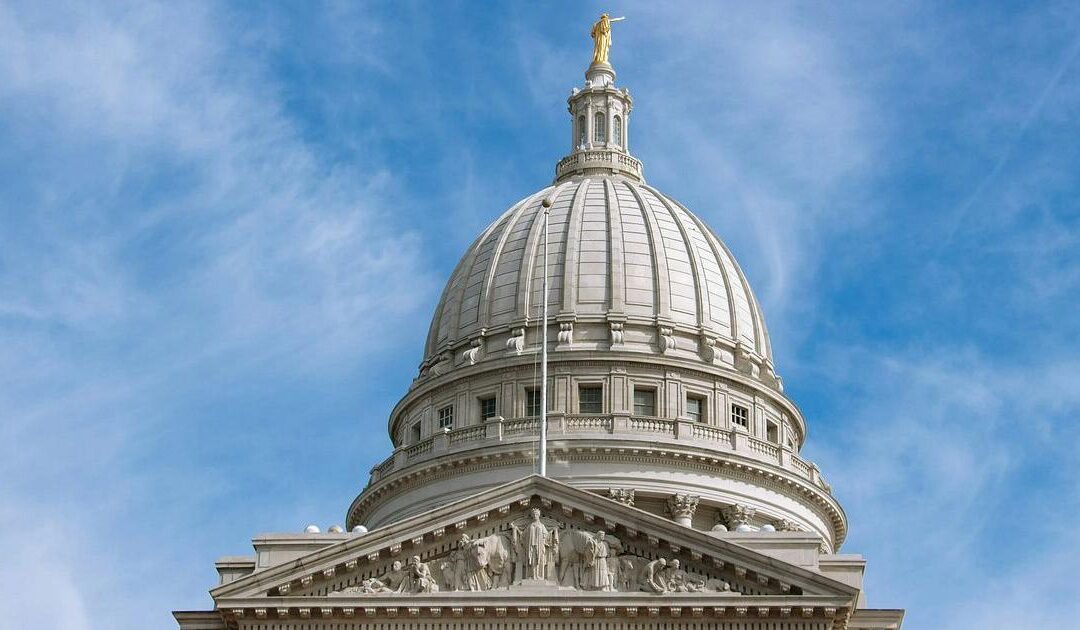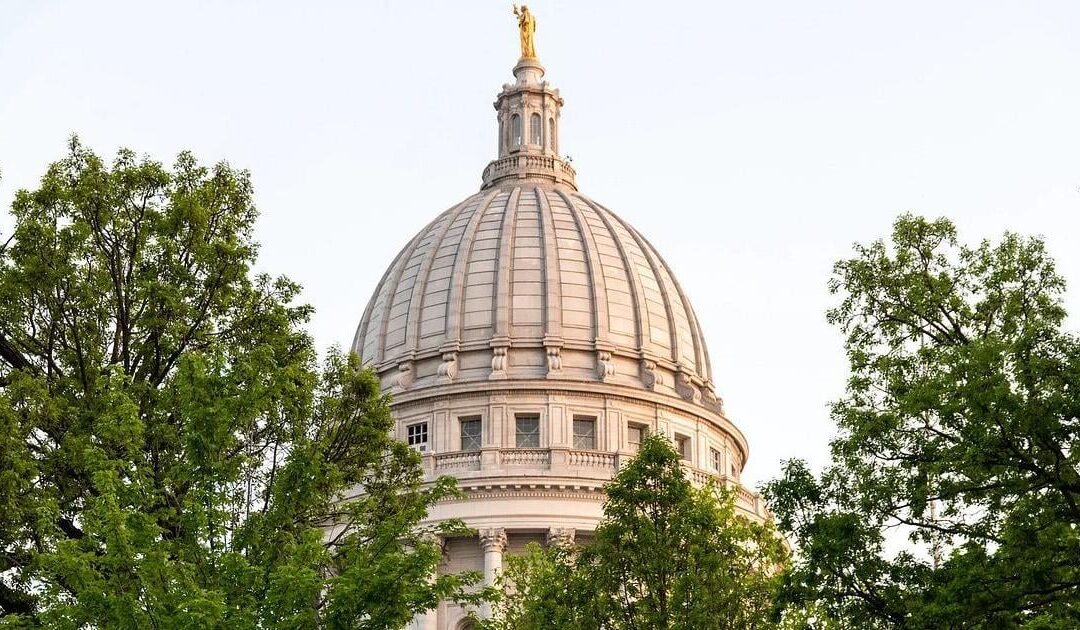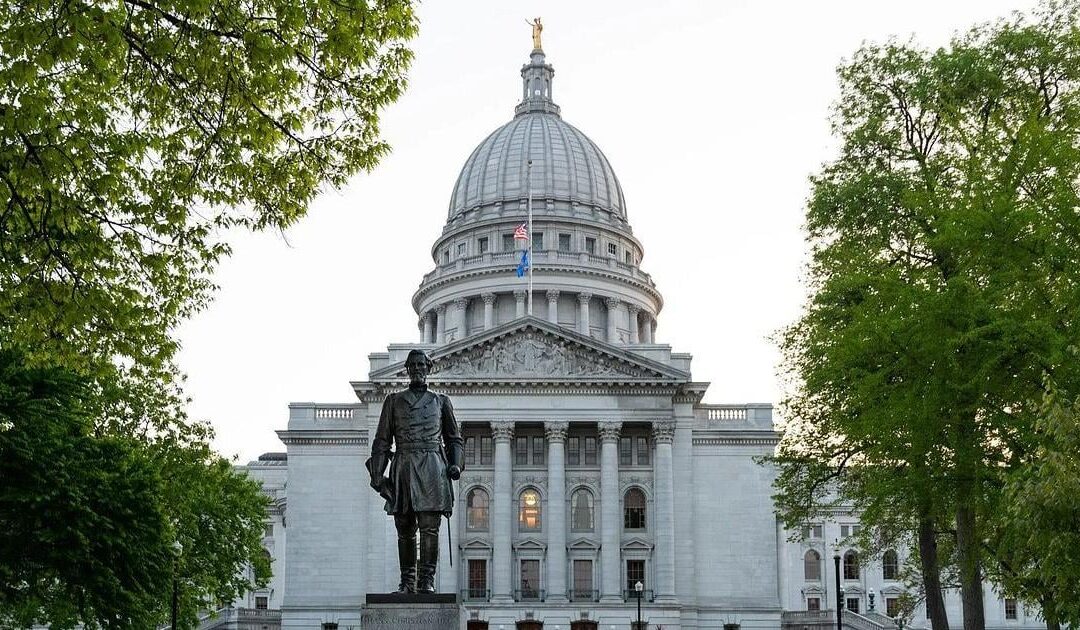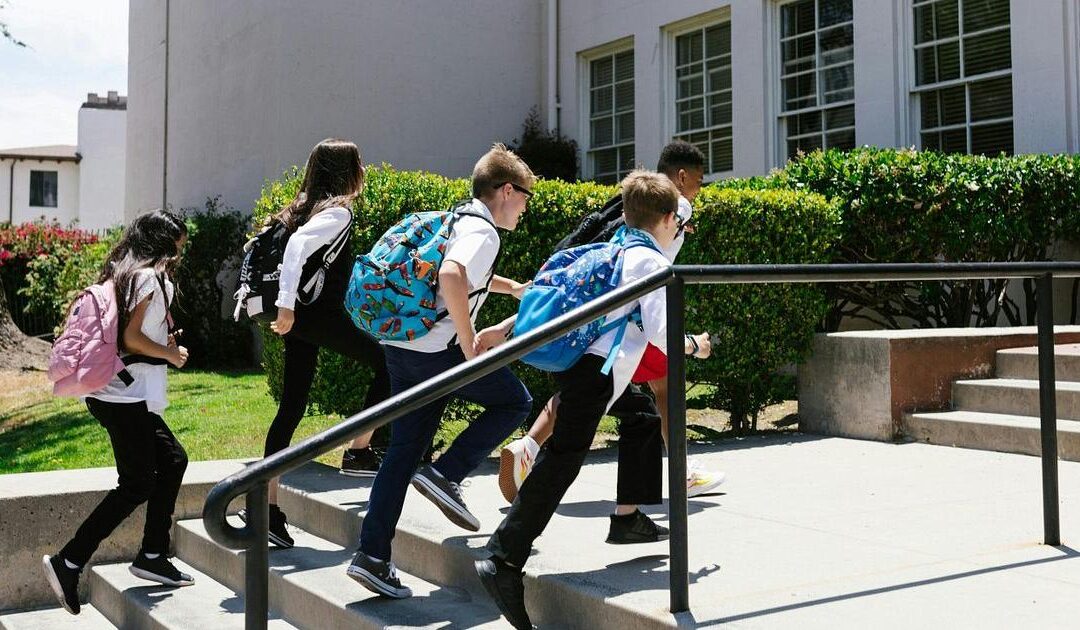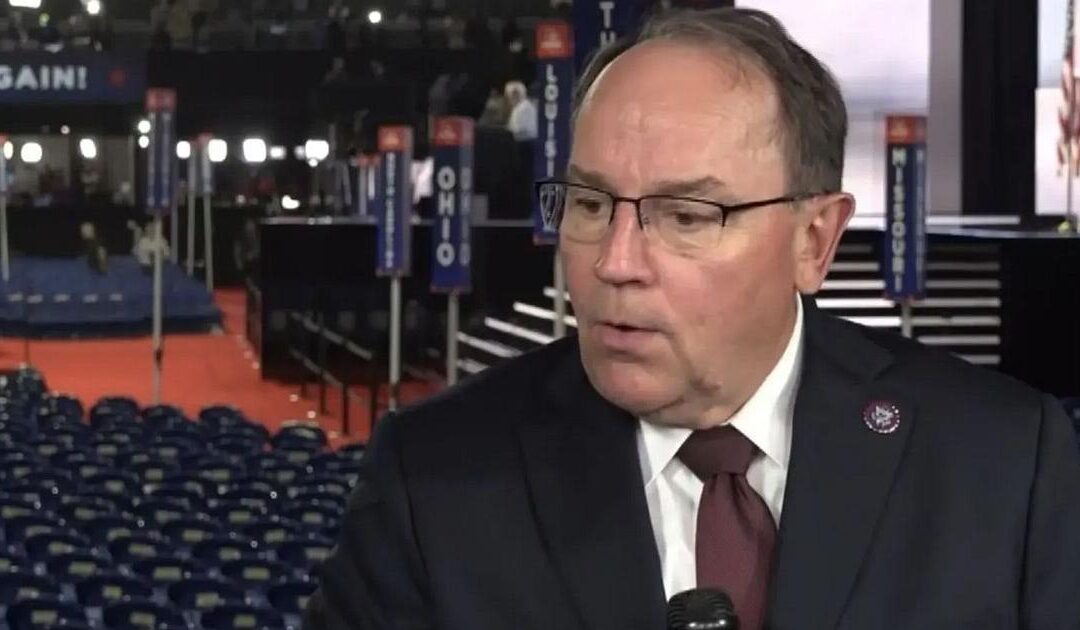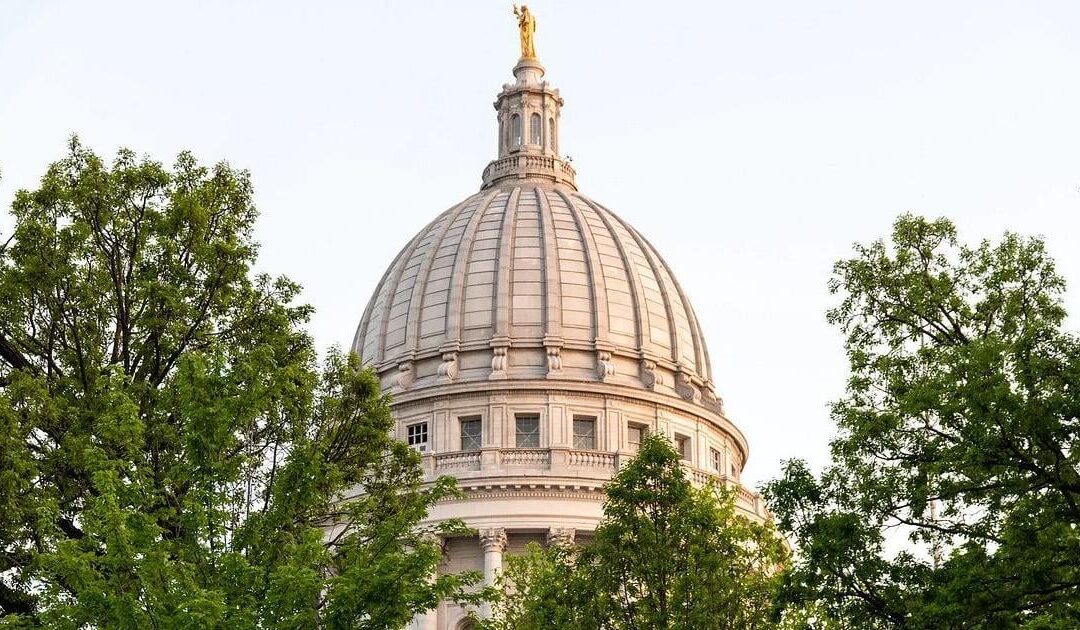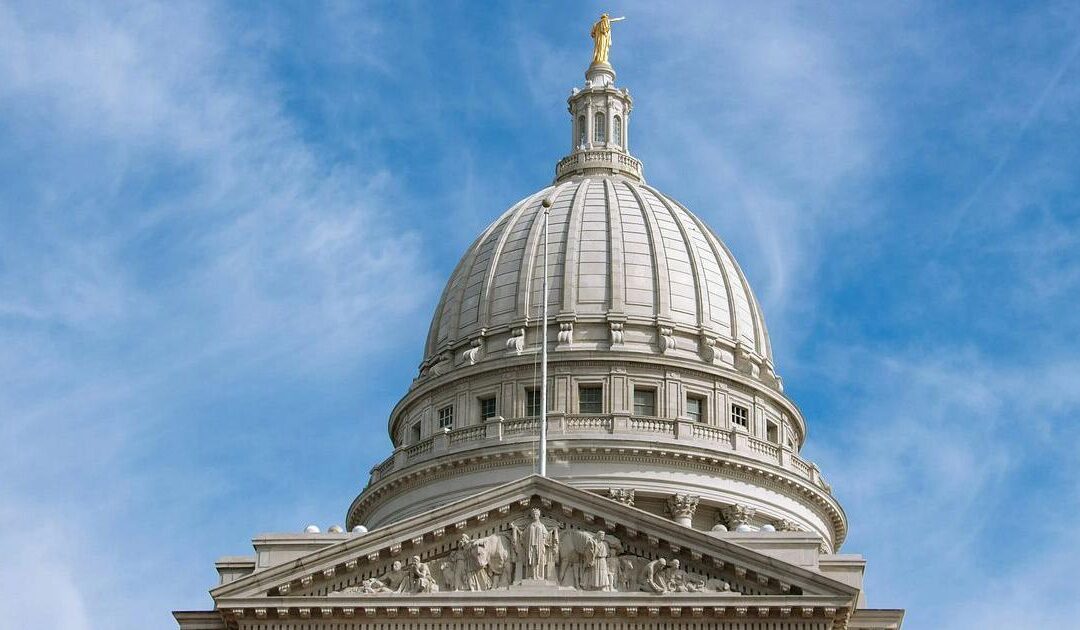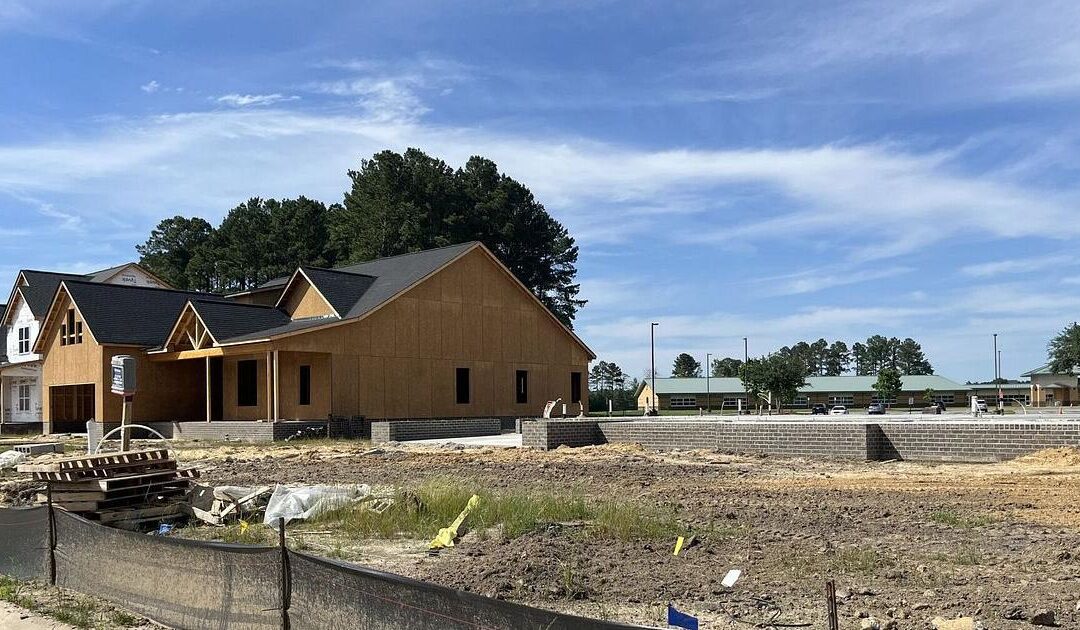(The Center Square) – Wisconsin has now collected $567 million more this fiscal year in general purpose taxes than it did a year ago from Wisconsin residents.
December adjusted collections were nearly $200 million more than a year before, a 9.4% increase in collections, according to numbers released Thursday afternoon from the Wisconsin Department of Revenue.
Those increased collections are the reason that Wisconsin’s Legislative Fiscal Bureau recently adjusted its estimates to say that the state is likely with finish its current budget cycle with $2.3 billion of surplus.
Lawmakers continue to debate whether that additional surplus from taxes should be spent or returned to taxpayers in the form of tax rate decreases for the state’s next budget.
The adjusted December numbers showed a 7.7% increase in state income taxes year over year and a 2.2% increase in sales and use taxes. The income tax increases amounted to more than $71 million in additional tax collections compared to the year before.
Corporate tax collections rose by 25.1% in December year over year, meaning the state collected $121.6 million more in corporate taxes for the month.
Sales and use tax collections are now up 4.4% for the fiscal year while individual income tax collections are up an adjusted 6.8% and corporate tax collections are up 10.1%.


